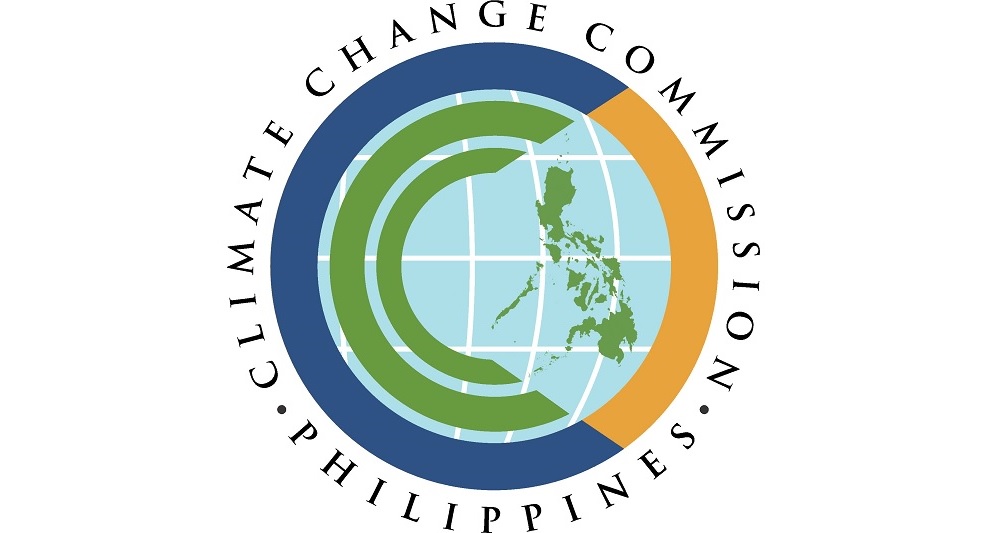

Pursuant to Section 4, in relation to Section 9, of the Republic Act No. 9729, the Climate Change Act, as amended, the Climate Change Commission (CCC) is mandated to ensure the mainstreaming of climate change in national, sectoral and local development plans and programs. Corollary to this main mandate, Section 7 of RA 9729, as amended, provides for the Commission the following powers and functions:
Towards this end, the Commissioners approved Commission Resolution 2019-001 on 25 January 2019, entitled “A Resolution adopting the National Climate Risk Management Framework (NCRMF) to address intensifying adverse impacts of climate change”. It was deemed necessary for the country to harmonize and integrate various efforts of sectors and stakeholders on climate risk management, and to strengthen the country’s early action system in view of the increasing losses and damages from recurring extreme weather events.
It envisions a climate action planning system that is anchored on a unified and integrated science and risk-based approach through the presence of a strong risk database, information and analytics system accessible at the national and subnational levels. The Framework further recognizes the strategic direction of the rationalized planning system (RPS), advocating for harmonization among planning guidelines to the benefit of our local government units (LGUs).
The Resolution provides for the conduct of multi-sectoral, multi-stakeholder activities of national government agencies (NGAs), LGUs, academe and scientific community, private sector, civil society and other relevant stakeholders. The immediate conduct of a stocktake is further directed.
The same has been supported as the National Panel of Technical Experts (NPTE), the scientific advisory of the Commission, issued its position paper, urging the need to generate a nationwide climate risk assessment. The NPTE emphasized the need for datasets on Hazards (H), Exposure (E) and Vulnerability (V) to come together into a single platform for analysis, and the CCC is in the best position to gather and analyze these datasets and produce a baseline climate risk assessment at a city/municipal scale.
The NCRMF is expected to inform various plans (i.e. Philippine Development Plan, National Climate Change Action Plan including its seven thematic priorities, National Adaptation Plan, Nationally Determined Contributions (NDC) and other sectoral plans), strategies, programs and activities in terms of appropriate beneficiaries targeting, as affected by various impacts of climate change.